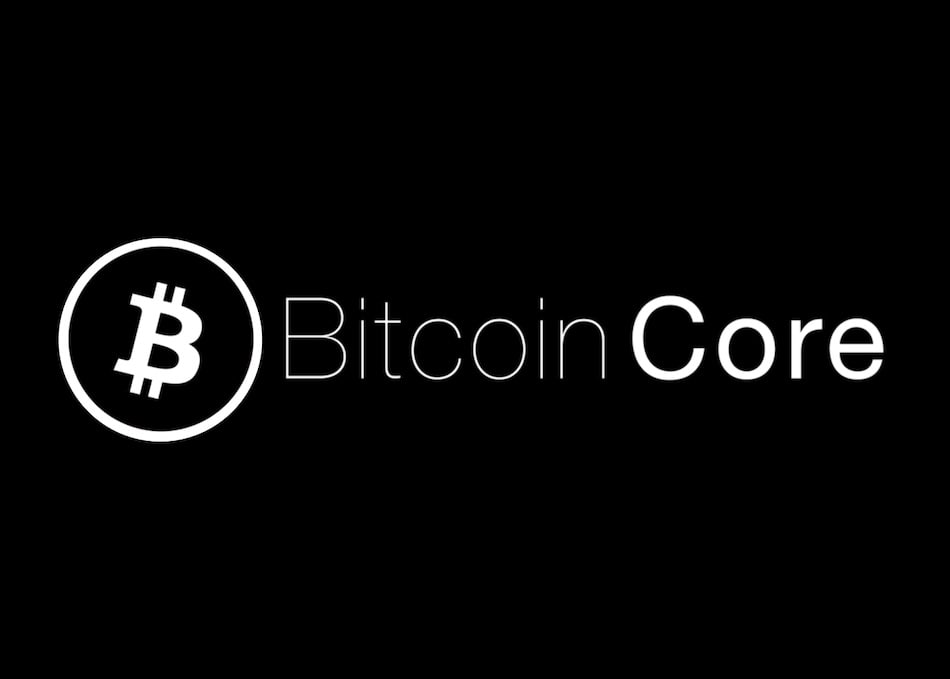
Jimmy Song, a long-time Bitcoin developer and advocate, has strongly criticized the upcoming Bitcoin Core 30 upgrade for removing the OP_Return limit, which currently restricts non-monetary data embedded in Bitcoin transactions to 80 bytes.
Song voices community frustration
Song accused the Core development team of ignoring widespread community pushback and failing to address concerns from node operators and users about the change.
He argued that claims about the difficulty of defining ‘spam’ on the network are a distraction from the real issue. Song stated:
“The idea that spam is difficult to define, and because of this ambiguity, we shouldn’t be making any distinctions at all in the software, is a time-wasting argument from fiat politics where you pretend not to know the obvious, so the actual debate can never get off the ground — the non-monetary uses of Bitcoin are spam. You can argue whether that’s something desirable or not, but saying you can’t define it is a stalling tactic meant to avoid the real argument about actual impact — particularly, the long-term impact of this change.”
OP_Return debate and echoes of past splits
The debate over OP_Return has been ongoing for nearly six months and has drawn comparisons to the previous Bitcoin block size wars, which ultimately resulted in the creation of Bitcoin Cash.
Some in the community have speculated whether the OP_Return controversy could also lead to a network split.
Exodus to alternative node software
Following the decision, there has been a notable migration of node operators to Bitcoin Knots, an alternative client that enforces strict data limits.
The share of Bitcoin Knots nodes has jumped from roughly 1% in early 2024 to about 20% of the network.
This shift highlights concerns over decentralization and data bloat, as Bitcoin’s relatively small blockchain size allows anyone to run a node on modest hardware, unlike other blockchains that require expensive, specialized equipment.
Centralization concerns
Proponents of strict data limits argue that low hardware requirements are essential for network decentralization.
More demanding requirements risk centralizing node operation and undermining Bitcoin’s core principles.



